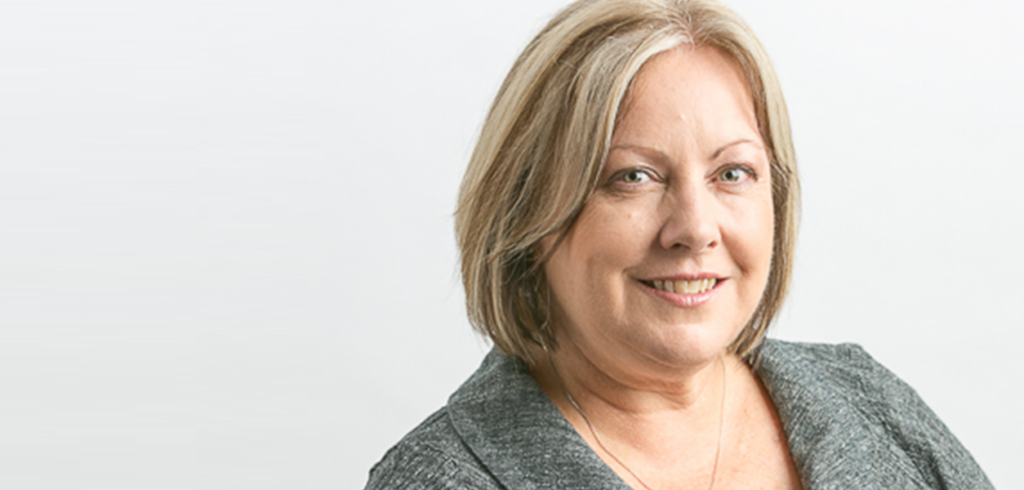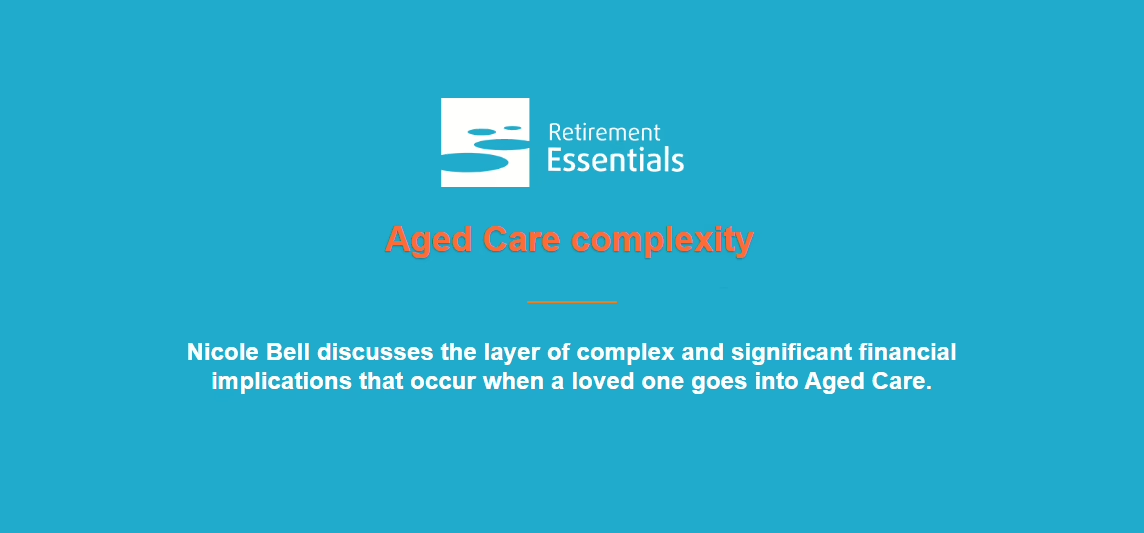
My parents listened differently when the advice came from someone outside the family.
I’ve worked in aged care advice for many years. I know the rules, the timelines, the options. Through the advisers I’ve trained, I’ve helped countless families navigate this complex and emotional journey.
But when it came time to help my own family, no amount of knowledge could shield me from the emotional weight of the decisions or the heartbreak that came with them.
This is something I want to share, not as a professional, but as a daughter who stood at the same crossroads so many families face. Because when the “moment of need” arrives, it doesn’t matter how much you know or how prepared you feel, it’s still overwhelming.
And that’s why real, personal, and timely advice from a licensed, accredited financial adviser isn’t just helpful – it’s essential.
The emotional load is different when it’s personal
My parents have been married for over 60 years – always a team, bound by routine, quiet strength, and love. Over time, Mum became Dad’s carer, but when he started having falls and his health declined, care at home became less viable and change became inevitable.
I thought I’d be ready. I knew the system. I understood the process. But nothing prepares you for the emotional toll when it’s your own family. Mum didn’t want to hear it. Neither of them did. They weren’t ready to face the change, and I realised I was pushing too hard trying to fix everything. But in doing so, I was making it harder for my parents to come to terms with what was happening and the choices they needed to make. Things were moving too fast and the choices felt overwhelming.
What we needed was objectivity. Bringing in an external aged care consultant changed everything. My parents listened differently when the advice came from someone outside the family. It gave them space to make their own decisions and gave me permission to step back into the role of daughter, not project manager.
What I wished I’d known (even as an expert)

Even with years of experience, I found myself caught off guard – not by the technical details, but by the emotional realities. Here are a few things I wish I had truly understood:
- There is no perfect time. The ‘moment of need’ often comes suddenly and may lead to rushed decisions. It is important to prepare before a crisis, even if it feels early.
- Grief begins before the loss. When care needs separate couples, a form of ‘living grief’ sets in. Acknowledging this emotional shift is just as important as managing logistics.
- Every decision feels enormous. Which provider? Which room? How will they cope? These choices are practical but are also deeply symbolic of change and loss.
- You can’t do it all. I thought I could manage the process. But it takes a team. Professional advice gave us the space to breathe, feel, and make choices – together.
How do families know what they need to know?
…it feels like being handed a 5,000-piece puzzle without the picture on the box.
Knowing which questions to ask is one of the hardest aspects. The aged care system is full of moving parts and lots of acronyms and jargon. To most people, it feels like being handed a 5,000-piece puzzle without the picture on the box.
This is where qualified advice makes the difference. An adviser accredited in aged care advice won’t just explain the rules – they’ll help you understand how the rules apply to your family.
- Can Mum afford this long-term?
- What happens to Dad’s pension entitlement?
- Should they sell the home or keep it?
These questions don’t have one-size-fits-all answers. Without proper guidance, families can become paralysed by fear of making the wrong decision or get caught in a swirl of well-meaning but misinformed advice.
Can you ever really be prepared?
Emotionally? Probably not fully. But practically? Yes, you can be better prepared than most. Here are a few things every family should do well before the moment of need arrives:
- Start the conversation early. Talk to your parents about their preferences, their concerns, and their values. It’s not easy, but it will be harder later.
- Understand their finances. Are enduring powers of attorney in place? Do you know where important documents are kept? What are their income sources and assets?
- Build a trusted team. Include your GP, financial adviser, and other professionals who can guide you through the transition when it comes.
When one becomes two
Perhaps the hardest part is watching a parent adjust to living alone after decades of partnership. Whether it’s Dad moving into care while Mum stays home, or the reverse. The emotional toll is immense.
What helped us:
- Keep the connection strong. Daily visits may not be possible, but regular calls, routines (like watching a favourite show together), or shared meals help maintain connection.
- Let them grieve. Even if their partner is still alive, the person left at home is experiencing a profound loss. Make space for that grief.
- Seek emotional support. For them, and for you. Aged care isn’t just about rules and service providers. It’s about people. And people need care, too.
Final thoughts
Our families are everything, and the pressure to ‘get it right’ can feel enormous.
I thought I was prepared. But the emotional experience was more complex than any rulebook. And in the end, what made the greatest difference wasn’t what I knew – it was the advice and support we built around us.
So if you’re wondering whether it’s time to get advice – the answer is yes.
Because when the moment of need arrives, you’ll want to focus on your loved one, not on paperwork and panic. Good advice won’t take the emotion away. But it will lighten the load. And that, I’ve learned, is one of the greatest gifts you can give to your parents, and to yourself.
Louise Biti is a co-founder and Director of Aged Care Steps & Aged Care Personal Advice, the leading business supporting financial advisers to provide advice to clients on aged care. She is one of the pre-eminent experts in aged care advice, having spent more than 25 years analysing the rules and helping to interpret them for advisers and clients.
Her key mission is to try to make the complex area of aged care advice seem simple.
Disclaimer: The information in this article is general and does not take into account your particular circumstances. We recommend specific financial tax or legal advice be sought before any action is taken to apply the rules to your specific circumstances. Refer to the relevant Product Disclosure Statement before investing in any product. Aged Care Steps ABN 42 156 656 843 is holder of AFSL 486723.
Retirement Essentials will offer specific aged care consultations with adviser Nicole Bell from July 2025. These consultations are designed to answer your aged care questions, help you understand your options, and provide reassurance and guidance on what to do next.
Nicole Bell shares her thoughts

What about you?
Do you feel ready for your own aged care needs?
Or is it, in Louise’s words, a 5000-piece puzzle without the picture?





